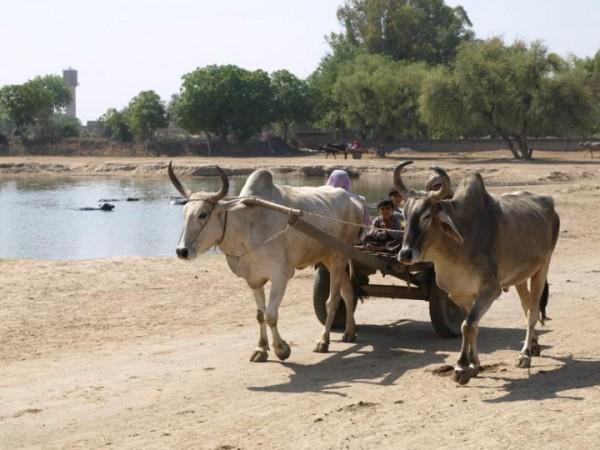
What could look like just another chunk of skull from the head, the petrous bone, does the job of protecting the inner ear. Its density yields hundred times more DNA than any other tissue. Scientifically and anthropologically studying these DNAs could resolve several crucial conflicts in the contemporary – conflicts that often rest at the edge of the sword.
The discovery of a 4,500-year-old skeleton in Rakhigarhi, Haryana, similarly, raises the curtain from the original of the Sanskrit language and that of Vedic Hinduism, as dating these DNA makes it clear that the origin of Sanskrit was not in the Harappa civilization, as thought. It also concludes that the skeleton was that of a Dravidiyan, than an Aryan. People of the ancient Rakhigarhi were a mix of 'Ancient Ancestral South Indian' and 'Iranian Agriculturalist' populations.
The findings show that the region lacked the genes of the steppe land associated with upper-class north Indian population. This makes it clear that Vedic Hinduism finds base in post-Indus population of migrants, which suggests a "rupture than a cultural continuum."
These discoveries could provide much yarn to the political parties, since what is considered to be one of the most ancient civilisations in the Indian subcontinent, spoke an early Dravidian language.
More details on the finding will be published online in September, in the journals Science. Dr Vasant Shinde, an archaeologist and vice chancellor of Pune's Deccan College, lead the excavation team in 2015, in what would be a significant and much-awaited revelation.
Rakhigarhi has become a popular mention in history textbooks and tourism pamphlets as it is the largest Indus Valley/Harappa civilisation in India. It was an enduring urban settlement, arguably dating as back as 7th Millennium BCE.
This could easily be a sensitive issue, for in the name of "development, much of religious propaganda is pushed out by those benefitting from it, and while the rewriting of Indian history is under practice, as it is already being done in BJP ruled states, science has it in its hands to make the matter more transparent so that fiction does not take over facts and blinds those who have little access to the knowledge in order to see through the propaganda.

















